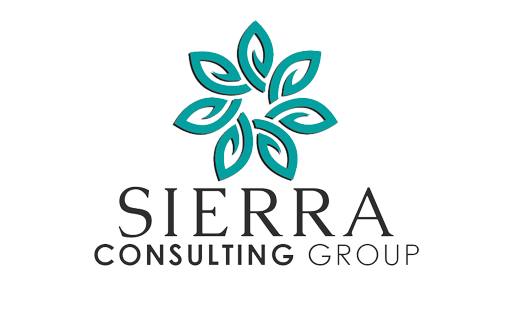Starting a treatment center from the ground up means paying meticulous attention to certain details. There is a lot involved, and compliance and HIPAA training and observation are highly important aspects of your facility. If there’s one area that you can’t afford to be confused about, HIPAA compliance is it.
Naturally, there are many important things to consider when planning and executing your addiction treatment center start up. Location, staffing, licensing and program implementation are all high priorities. The safety and security of your future clients is paramount, and part of ensuring that safety and security is making certain that each and every member of your team is well-versed in HIPAA laws and compliance.
The Importance Of HIPAA, Rights And Privacy
The Health Insurance Portability and Accountability Act (HIPAA) provides protection of information and privacy rights to patients, clients and people receiving medical care, mental health and addiction services, as well as other services.
HIPAA laws cover many aspects of patient information, and proper training of all staff ensures that compliance with these laws is maintained.
Why Is HIPAA So Important?
Patients and clients have a right to privacy and protection under federal law. They have a right to know how their information is used, who has access to that information, and under what circumstances. They also have a right to their own information.
There are times when it is necessary to disclose information, and it is important that patients understand the circumstances in which that would occur. HIPAA laws are designed to promote ethical treatment, patient dignity and to protect the individual’s rights to privacy. It also involves a patient’s right to information.
HIPAA And Addiction Treatment
Different organizations are subject to different variations of HIPAA law. There is no one blanket set of rules, regulations and policies that is the same across all categories of care. In other words, HIPAA practices will be different from one setting to the next. Understanding HIPAA practices in an emergency room setting versus practices in an addiction treatment setting are two different things.
Privacy is a large issue in addiction treatment, due to the nature of the setting, and the implications of violations of that privacy. Each and every person in the addiction treatment setting must have a thorough knowledge of HIPPA laws and compliance, no matter what position they hold. Even the smallest misstep can be devastating to a client seeking treatment at your facility. And, if your treatment center is found to not be in compliance with HIPAA laws, it can be financially devastating, and hurt your reputation, as well.
What Happens When HIPAA Laws Are Violated?
Violating privacy laws can carry tough penalties, and can result in civil lawsuits. The American Recovery and Reinvestment Act (ARRA) allows for a tiered civil penalty structure that ranges depending on the nature of the violation, whether the violation was committed knowingly and whether the violation is an ongoing problem.
Lack of knowledge of HIPAA laws does not exclude individuals and organizations from penalties. If a violation occurs, a first time fine may be as little as $100, however it may be as much as $50,000. This is for an unintentional violation.
Violations can result in fines of over a million dollars, and they can also result in criminal charges and incarceration. This is often a result of an individual or an organization knowingly using patient or client information for purposes such as selling information or disclosing patient or client information in a way that harms the individual. Again, the individual or organization involved cannot plead ignorance to HIPAA laws. Every organization that deals with private information of this nature is bound by these laws and is responsible for ensuring that they are followed to the letter.
Ongoing HIPAA Training Is Essential
Each and every staff member at your facility must have full and ongoing knowledge of HIPAA practices. There is no room for error, and it’s important that all staff not only receive initial training at the time of hire, but also follow-up and refresher training to maintain compliance.
Clients at your facility must feel safe and confident that their information is protected while they are at your treatment center, and after they leave. Lapses in compliance will compromise your reputation and severely harm your business. Obtaining outside training for HIPAA compliance makes sense, and shows that you are serious about providing superior client care.

